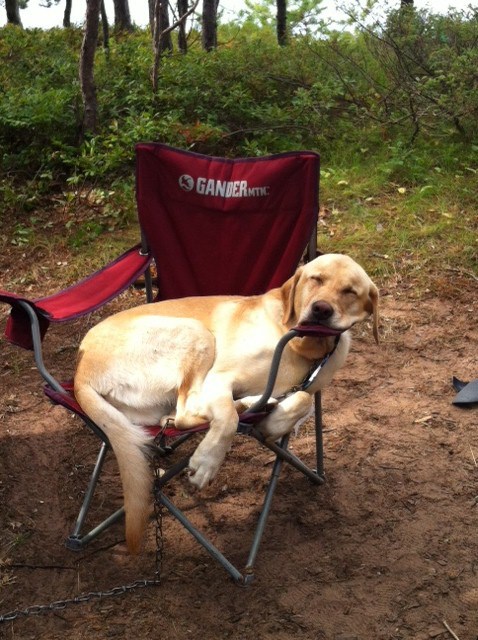Pets on Beaches
-
Pets must be on a leash at all times, even when swimming in the lake. Handlers allowing pets to chase birds or otherwise harass wildlife are subject to a citation. Pet handlers are responsible for carrying waste off the beach.
-
Pets can be a hazard for the Lakeshore's piping plovers. Only 76 breeding pairs of these endangered birds are left in the wild, and a few of them nest at the Lakeshore. Please keep your pets away from the birds and their nests. Dogs running near nesting sites, even if leashed, can frighten birds causing them to stop incubating eggs or abandon nests. Unleashed dogs may harm nests, eggs, or chicks.
Service Animals
Service animals are allowed in all facilities and on trails unless an area has been closed by the superintendent to protect park resources.
The 2010 revision to Title II of the Americans with Disabilities Act (ADA) defines a service animal "as a dog that has been individually trained to do work or perform tasks for the benefit of an individual with a disability, including a physical, sensory, psychiatric, intellectual, or other mental disability." Dogs which are not trained to perform tasks that mitigate the effects of a disability, including dogs that are used to purely provide comfort or emotional support (therapy animals) are considered pets.
Pet Safety Suggestions
-
Always remember that your pet needs water as much as you do, especially when active for long periods of time.
-
Be conscious of the possible temperature extremes which your pet may be exposed to here in Northern Wisconsin such as extremely hot sand in summer and the frigid cold water during winter.
-
Your pet may not be physically able to negotiate the same terrain that you can.
-
Do not leave your pet unattended in your vehicle or tied to an object.
-
In the same way you may carry needed medicine or first aid supplies for yourself, don't forget the possible needs of your pet.
-
It is important for both the safety of your pet and the park's wildlife that you do not allow the two to interact. During hunting season, it is recommended that park visitors wear blaze orange for their safety. It is equally important that your pet wears blaze orange as well.
-
Bag your pet's poop (and discard in a garbage can).
-
Always have your pet on a leash no longer than 6 feet (even on beaches and when swimming).
-
Respect wildlife (keep a respectful distance from any animals you may encounter).
-
Know where you can go (you are responsible to know where pets are and are not permitted)

